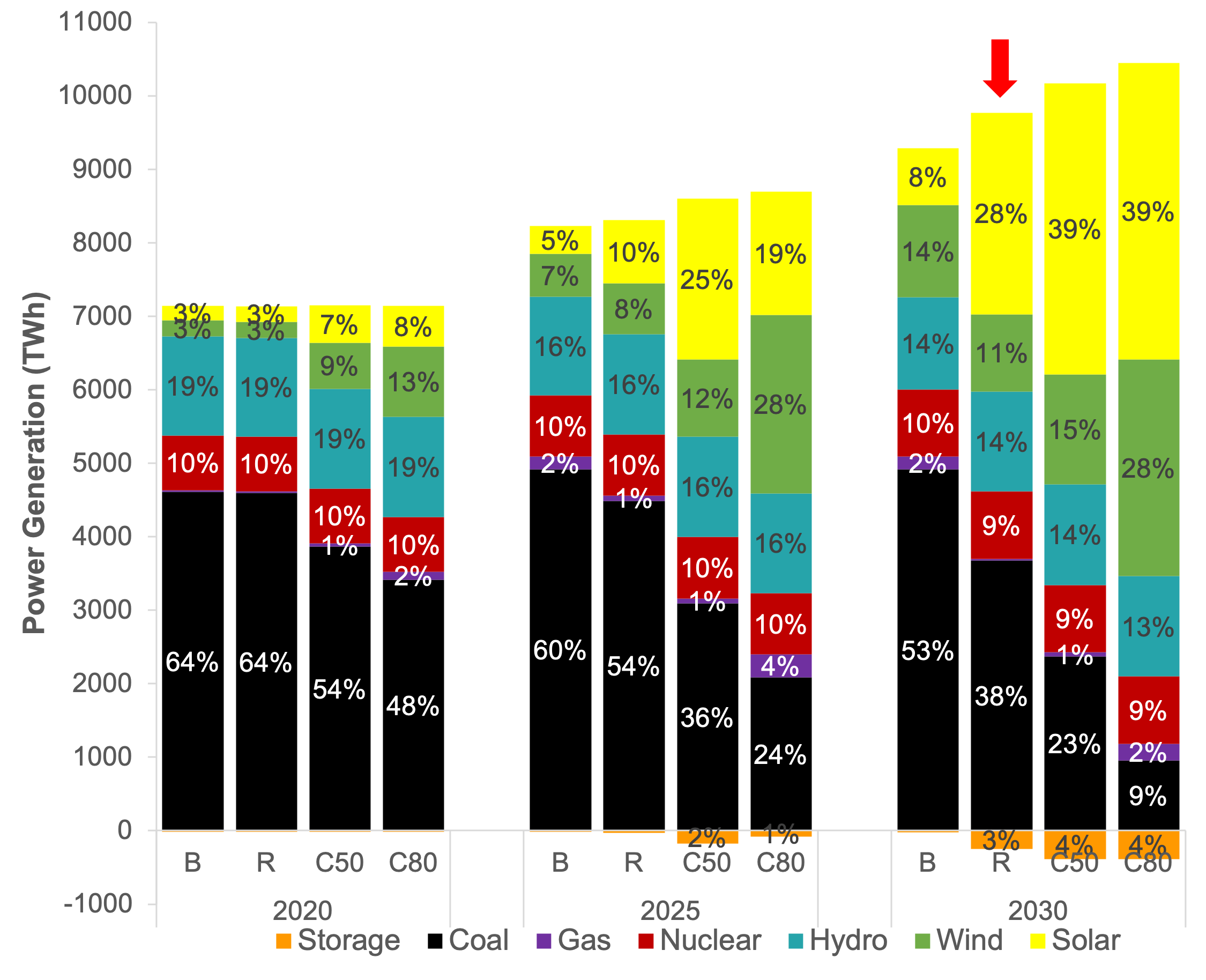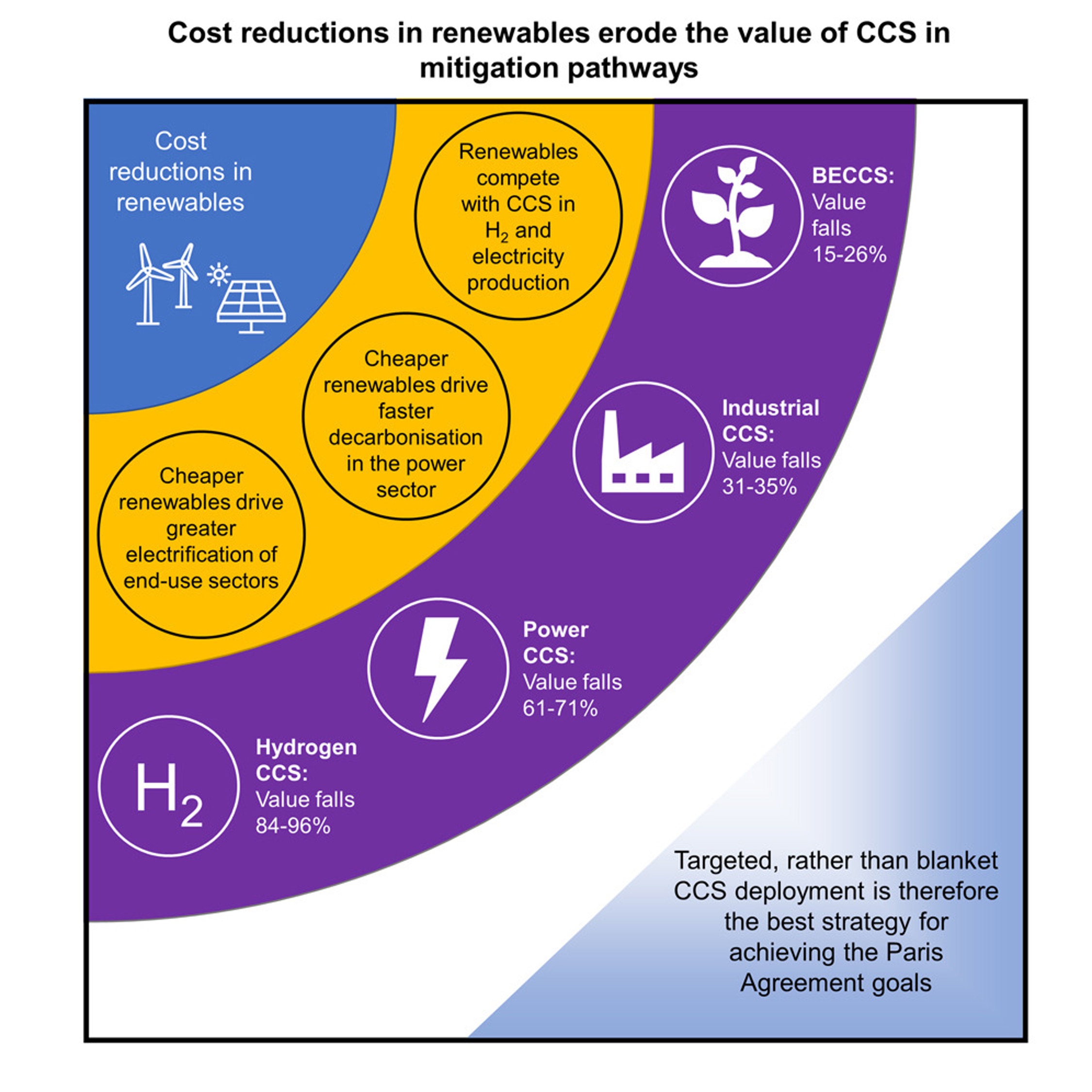Lecture 1 Introduction
January 27, 2025
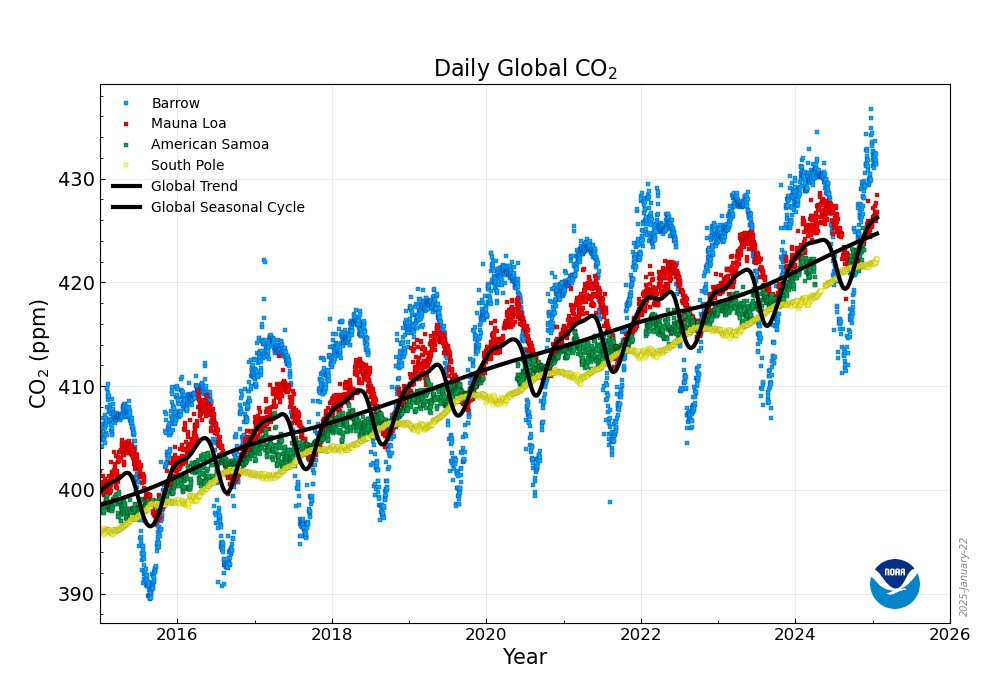
Source: NOAA
2024 is the first year to exceed 1.5°C above pre-industrial level
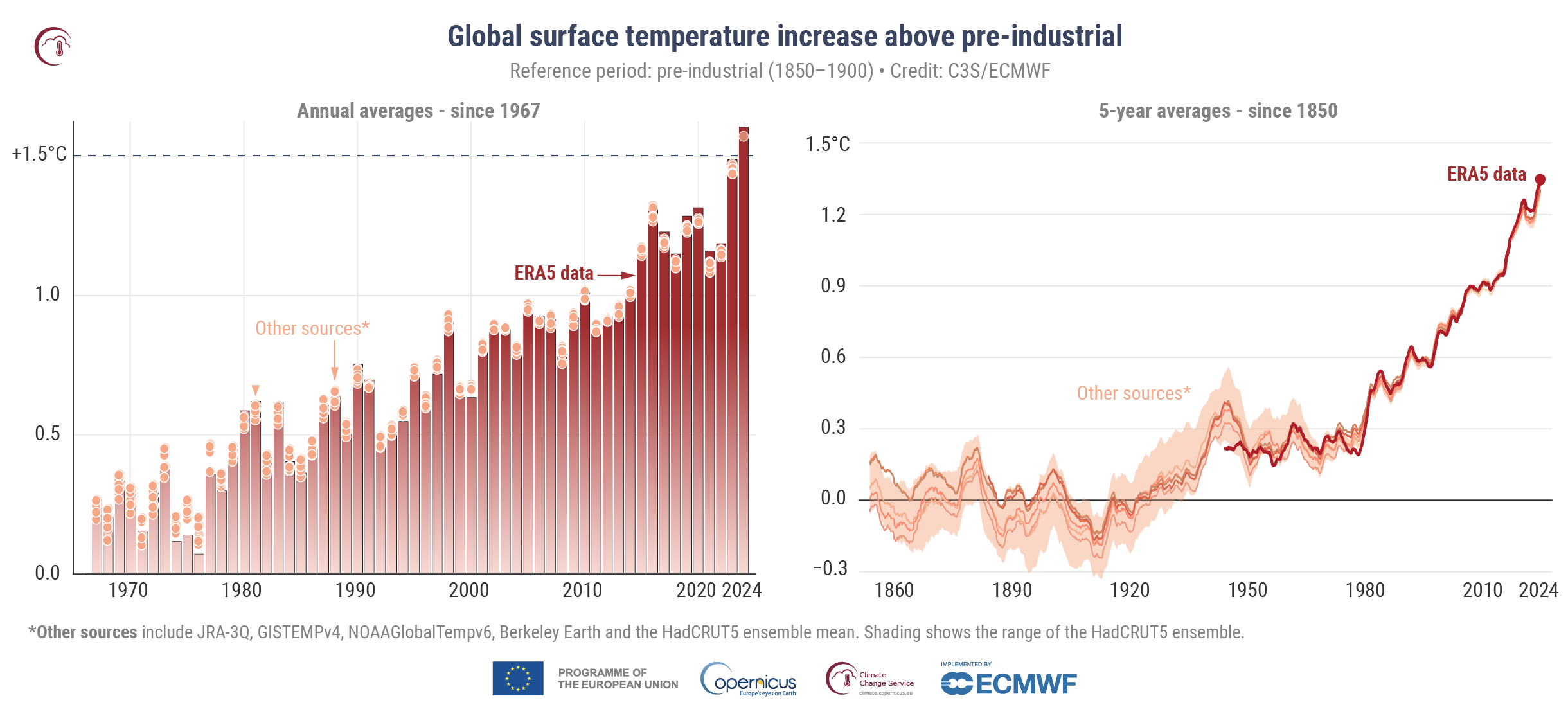
Source: Copernicus
Welcome and icebreaker
- Rose: “something that is working well or something positive”
- Thorn: “something that isn’t working or something negative”
- Bud: “an area of opportunity or idea yet to be explored”
What brings you here?
- Concerned topics?
- Motivations?
- Dream jobs?
Climate Policy under Trump Administration 2.0
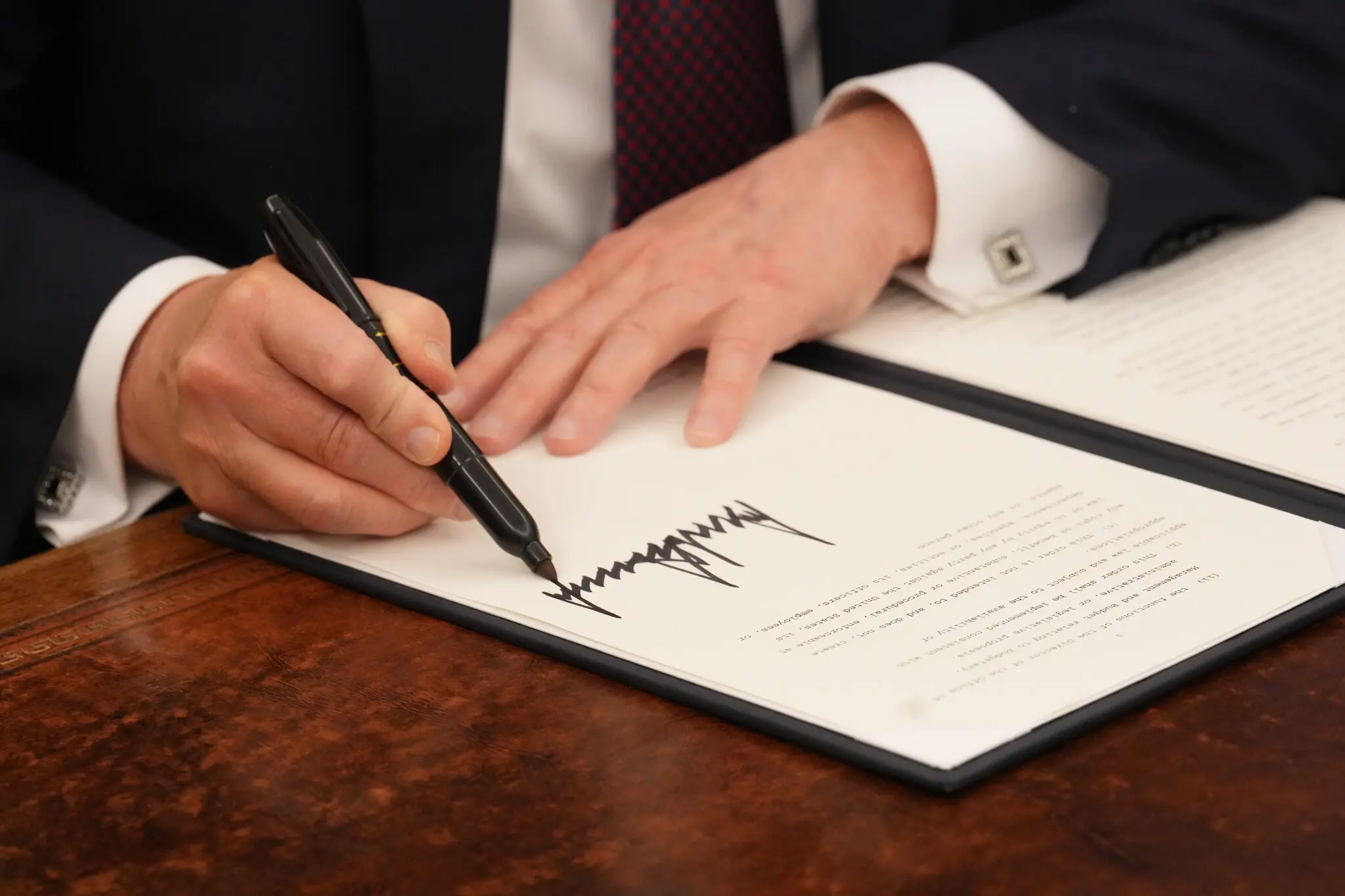
- Putting America First In International Environmental Agreements (withdrawal from Paris Agreement)
- Unleashing Alaska’s Extraordinary Resource Potential
- Temporary Withdrawal of All Areas on the Outer Continental Shelf from Offshore Wind Leasing and Review of the Federal Government’s Leasing and Permitting Practices for Wind Projects
- Declaring a National Energy Emergency
Photo source: NYT; Executive orders from White House
Not fast enough
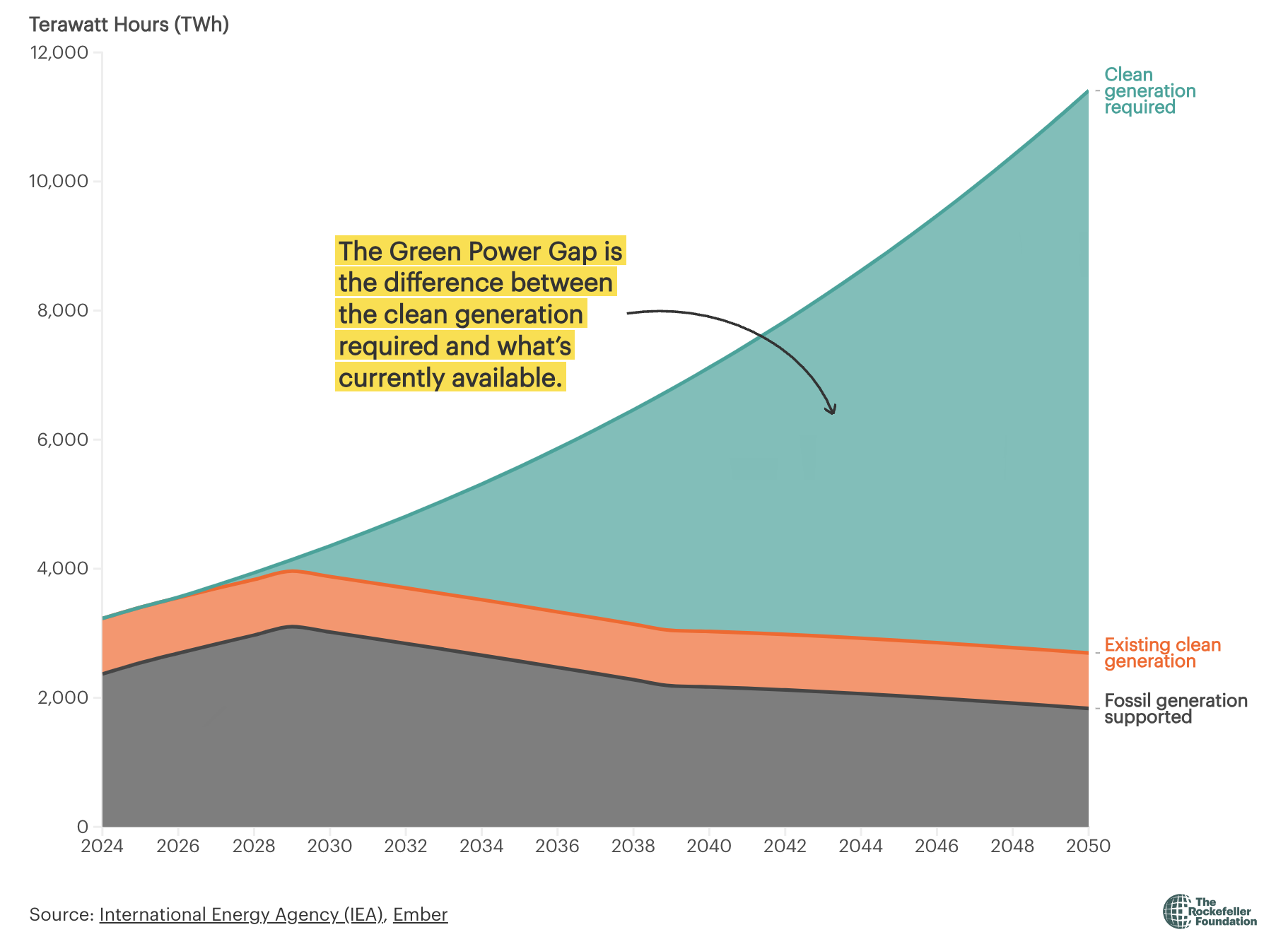
How the exponential growth of solar will change the energy sector and the economy?
Source: The Economist, Green Power Gap
Why PAF4199?
- Policy matters
- Research
- Jobs
- Clean energy transition to achieve climate goals
Organization
- Syllabus
- Brightspace
- Course website: https://drganghe.github.io/energy-climate-society/
- Policy response (10): 20%
- Mock Climate Negotiation: 10%
- Assignments (4): 20%
- Proposal: 10%
- Final presentations: 20%
- Policy memo: 20%
Mock Climate Negotiation
- Pre-negotiation (Position paper)
- Simulation day (Presentation and negotiation)
- Post-negotiation (Reflection)
Learn more: Mock Climate Negotiation>
Climate guest speakers
- 2/3 – Dr. Josiah Johnston: Big data, AI, energy and climate analysis
- 2/10 – Jieru He: Assessing Climate Risk Through Stress Testing in Financial Institutions
- 3/10 – Dr. Siobhan Watson: Integrating sustainability and resiliency into public housing
- 3/31 – Dr. Kaihui Song: Leveraging subnational capacity for equitable decarbonization
- 4/21 – Dr. Malte Toetzke: Monitoring innovation in climate-tech with AI
- 4/28 – Ines Benachir: Life Cycle Analysis and Ecodesign of PV Panels
- To be updated
Contents
- Climate change
- Impact
- Mitigation
- Adaption
- Governance
- Energy systems
- Supply
- Demand
- Economics
- Technology
- Tools/skills
- Data analysis
- Economic analysis
- Energy-economy-environment
An analytical approach
Data-driven, evidence-based, energy and climate policy
Using analytic approach to answer questions such as:
- What will be the climate future if we do nothing?
- What technology to invest to achieve our climate goal?
- What will be the impact to climate under Trump 2.0?
- How NYS/NYC could achieve its climate goals?
A five points “climate haiku”
- It’s warming
- It’s us
- We’re sure
- It’s bad
- We can fix it
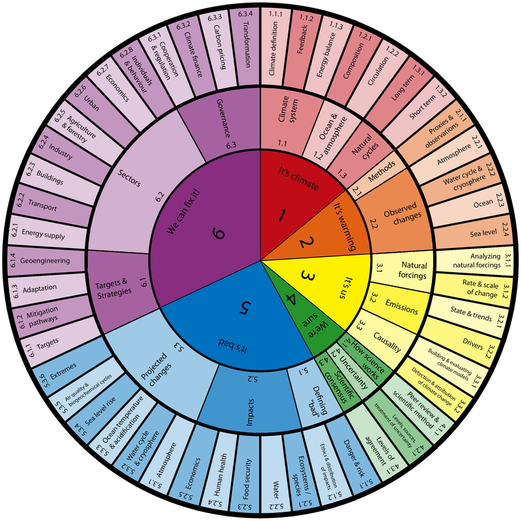
Source: Kimberly A Nicholas
Climate and energy systems are both complicated
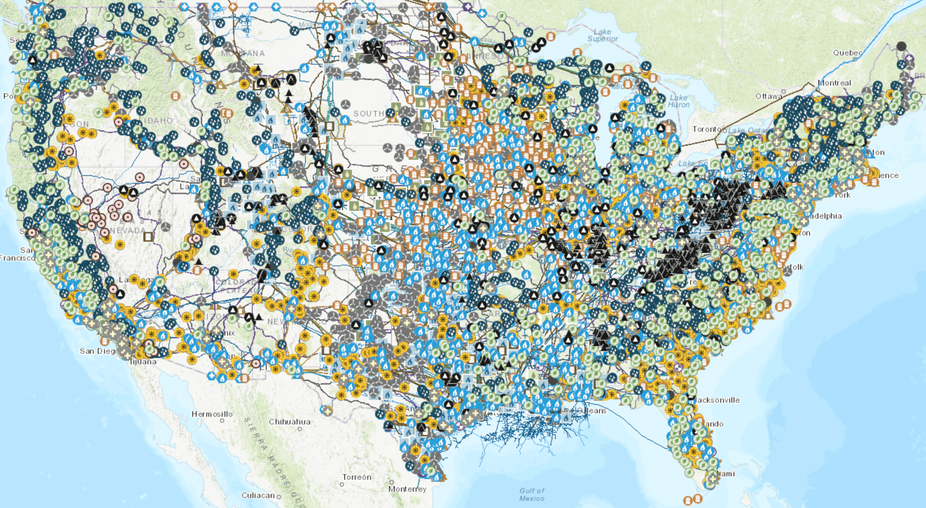
Source: EIA
The Energy Trillemma: Balancing trade-offs
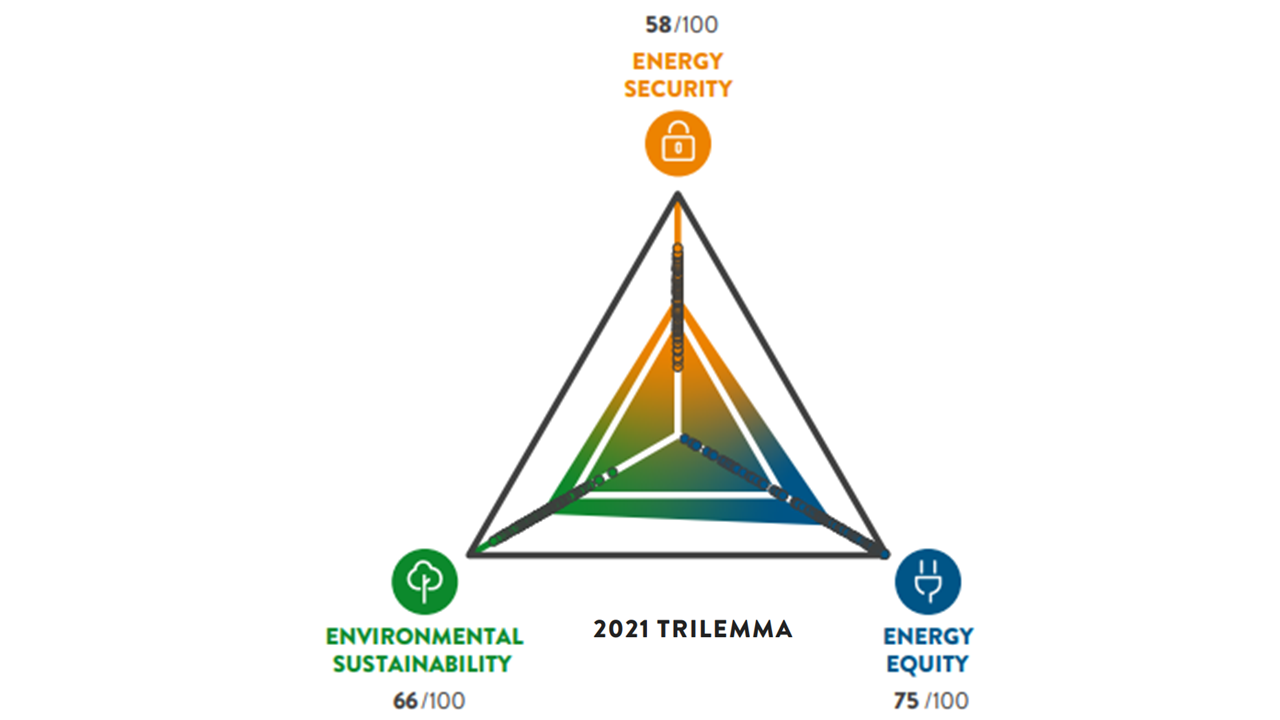
Energy security: Ensure reliable energy supply
Energy equity: Provide universal access to reliable, affordable, and abundant energy
Environmental Sustainability: Avoid environmental harm or climate impact
Those goals sometimes conflict with each other, and decisions has to make trade-offs between them
Source: World Energy Council
Energy, economy, and environment
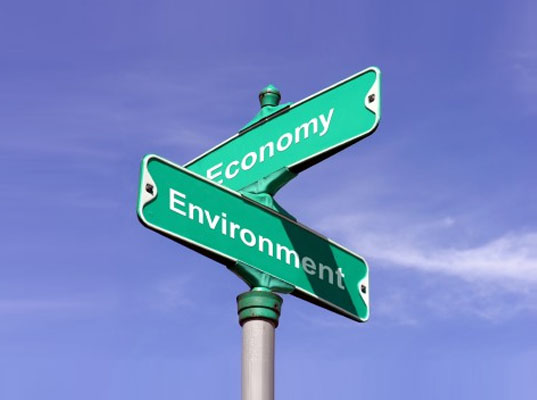
Economy: Decent living? Growth? Degrowth?
Environment: Emissions, ecosystems constraints/goals
Energy: Work within constraints
Source: ICMA
Energy great achievements
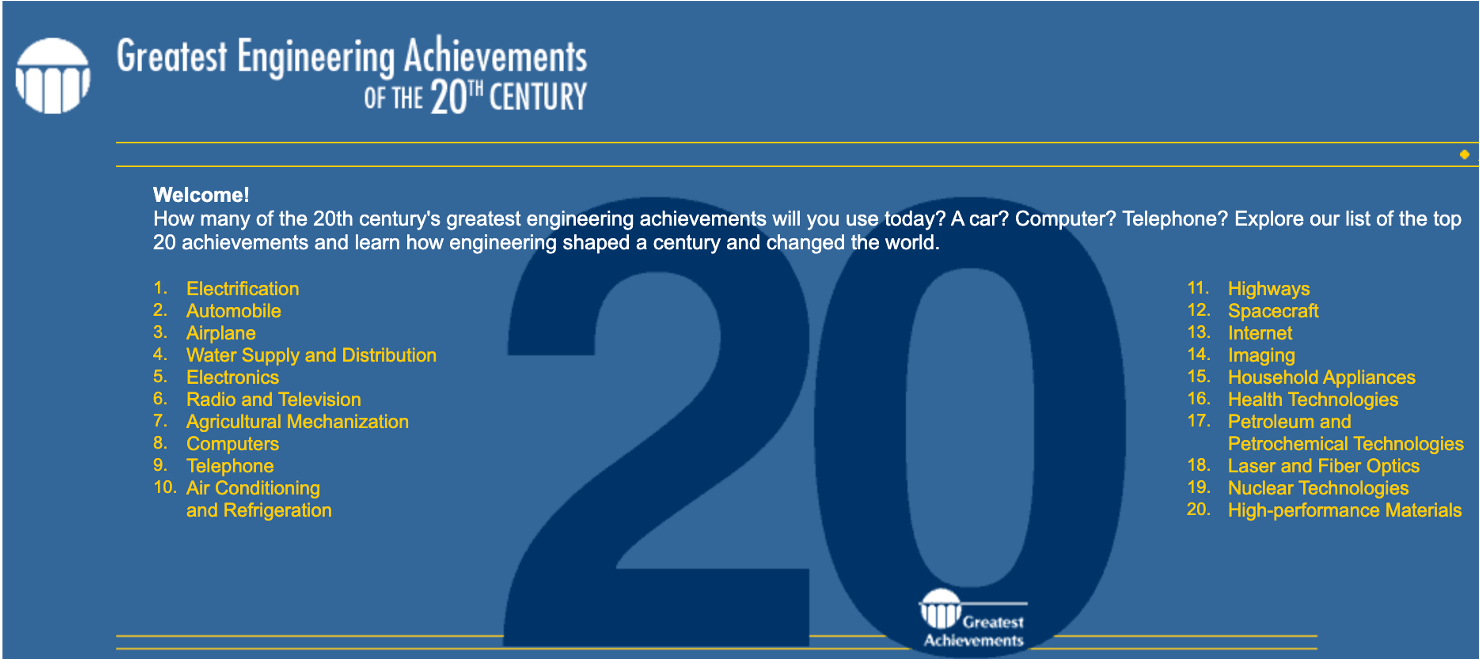
Source: National Academies
Energy grand challenges: SDGs
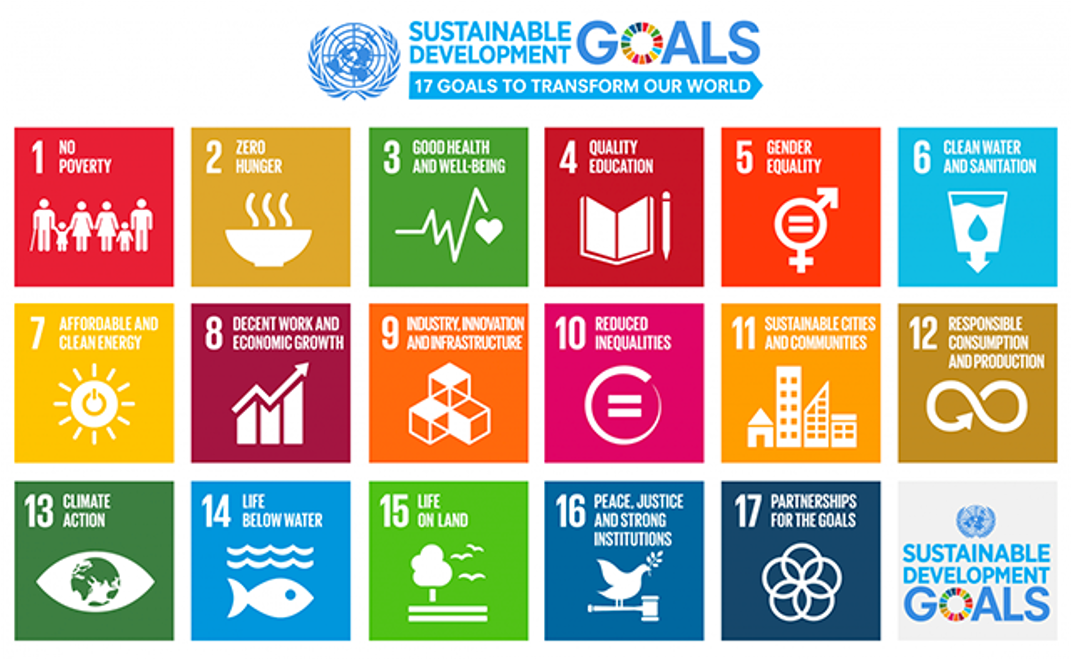
Source: UN
Energy grand challenges: net-zero
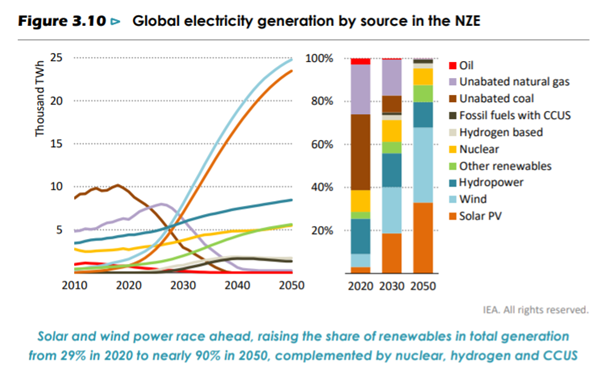
Source: IEA (2021)
Renewables are achieving grid parity
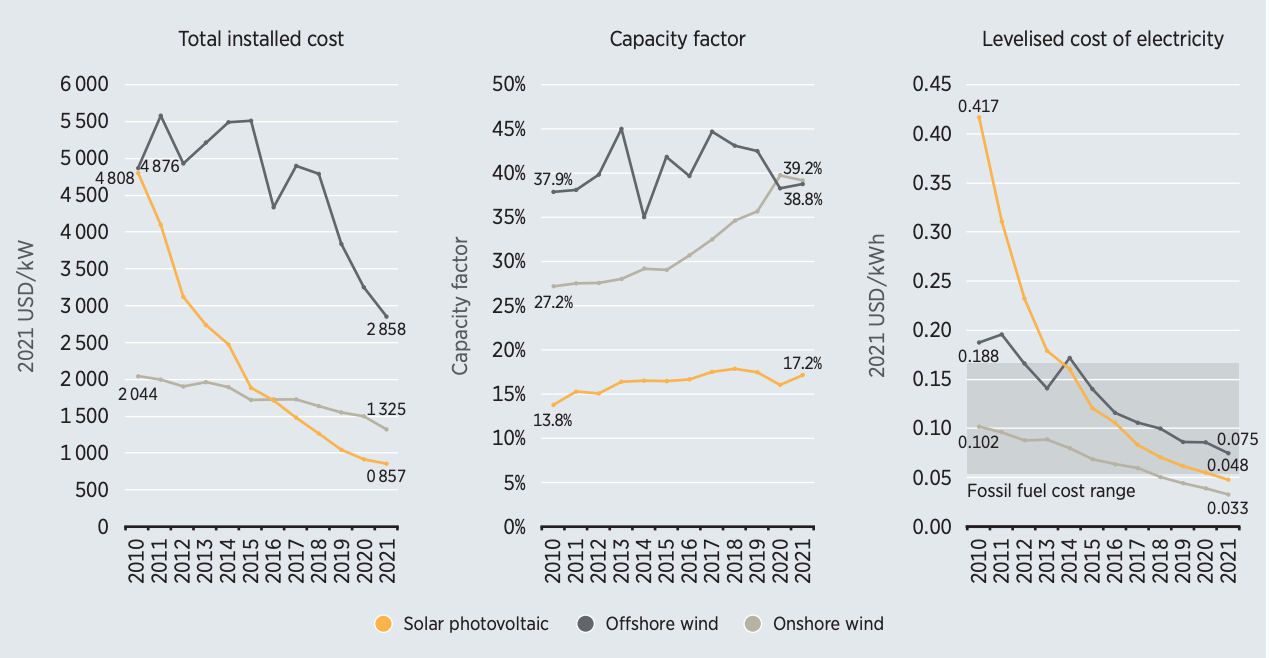
Source: IRENA (2021)
Implications are profound
